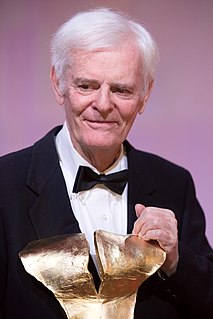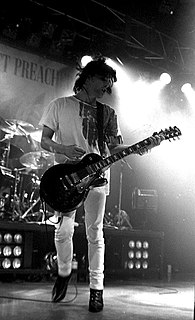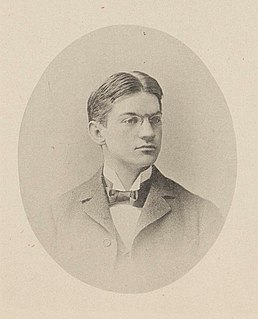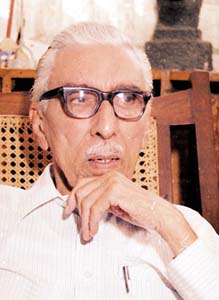A Quote by Paul Morrissey
I'm not against censorship in principle. Not at all. Some things should be censored.
Quote Topics
Related Quotes
On things like censorship, I think everything should be allowed on television. You know, I mean anything. I don’t know who believes that anymore. Every left wing party says there should be some degree of censorship, that some things are bad taste. But it’s unjustifiable for anyone to decide what is bad taste.
Philosophers should consider the fact that the greatest happiness principle can easily be made an excuse for a benevolent dictatorship. We should replace it by a more modest and more realistic principle - the principle that the fight against avoidable misery should be a recognized aim of public policy, while the increase of happiness should be left, in the main, to private initiative.
In many countries in the Middle East - and this is changing in the wake of the Arab Spring - but for a long time, censorship of books and film was a very big deal. There were books you couldn't buy; things with political content would be censored, but there were some genres of books and film that the censors just didn't understand.
In France now, there's no problem with official censorship. Once your movie is finished, you always are R-rated. My movie is just R-rated in France. But when you meet French producers with a script like mine, they behave like the most fragile chickens in the world. They just tell you "Oh, no. You should cut this. You should cut that." And at the end you have been totally censored on the synopsis, and then on the script.
Jokes are great capsules of information. I think they should never be censored. They often are offensive - and we're offended by different things - but I believe deeply in what Freud wrote of their relationship to the unconscious, which is that jokes come to help us. We laugh so as to dispense with, or to express, some ambivalence or discomfort with the things around us. That's what laughing is: a release.






































